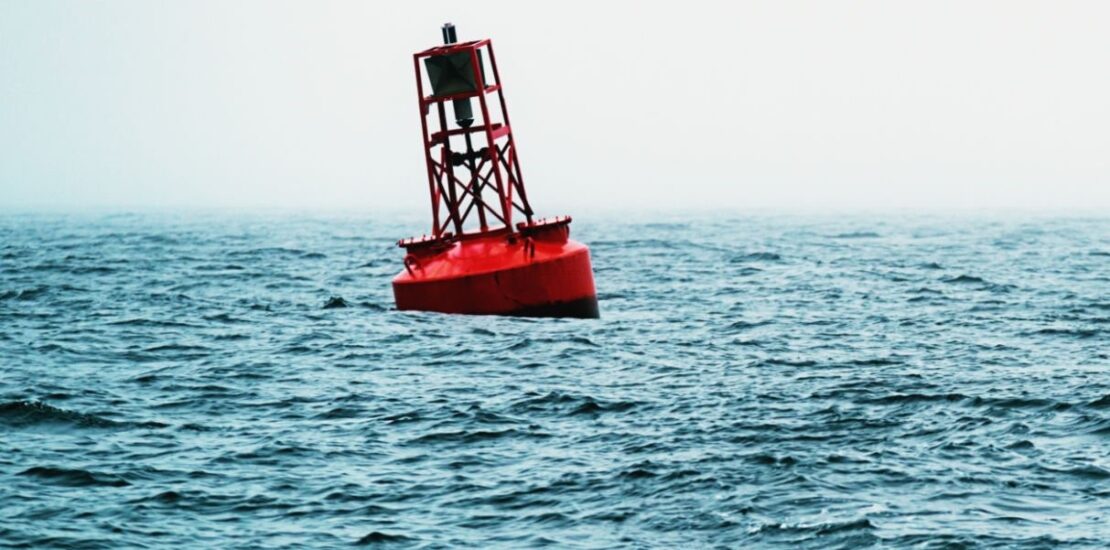- January 8, 2025
- Posted by: guyadmin
- Category: Energy & Water Management

In December, the first-of-its-kind pilot facility for generating electricity from wave motion was launched at Jaffa Port by the Israeli-Swedish company Ecowave. Wave energy is a type of renewable energy that operates through buoys installed on existing marine structures, harnessing energy from wave motion to produce clean energy. The pressure generated by wave movement rotates a hydraulic motor, which activates the generator and produces electricity.
The project has received acclaim and support from the Ministry of Energy, the Ministry of Environmental Protection, and Mayor Huldai. The company’s CEO, Inna Braverman, declared in 2021 that “ocean waves can generate twice the amount of electricity currently produced globally, and it is an energy source capable of generating electricity 24/7, unlike solar energy.” Theoretically, generating electricity from ocean waves in Israel, where the coastline extends for 200 kilometers, sounds promising, efficient, and economical; however, in practice, there are numerous obstacles to success.
Wave energy is being promoted in the United States and Europe (particularly in Britain, Ireland, France, and Portugal) through governmental support for pilot projects. However, there exists a central obstacle rooted in the economic model: due to the relatively early technological stage, establishment costs remain extremely high, and maintenance costs are also substantial due to both complex mechanics and seawater corrosion. Until the solution achieves breakthrough scale, production cannot transition to the scale phase that enables cost reduction.
Another obstacle is the heavy dependence on governmental and regulatory support. There is a need for a broad support network, without which entrepreneurship will not succeed in leveraging itself to become a significant tool in the energy sector. Regarding regulation, for example, the East River project in New York required 23 approvals from 14 different authorities – a situation that constitutes a recipe for project failure. Furthermore, there are environmental aspects and understanding the implications for the marine environment and the ecological interface with the shoreline.
The success of the Jaffa Port pilot is crucial to prove that not only can electricity be generated from ocean waves, but it can be done in a cost-effective manner capable of creating a competitive market. Should the technology indeed succeed, Israel could lead a global revolution. Now, one can only hope that this will indeed occur and that wave energy will capture a significant portion of the renewable energy mix in the future.
To read more about Ecowave and their projects click here.
